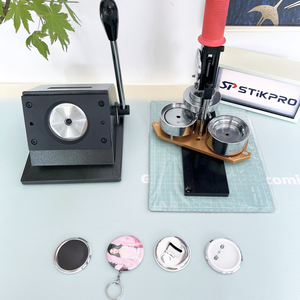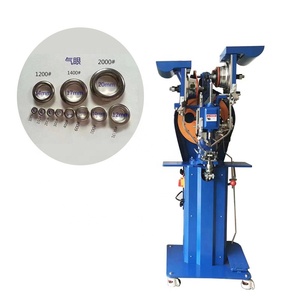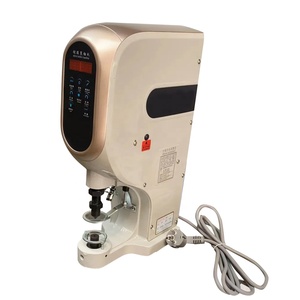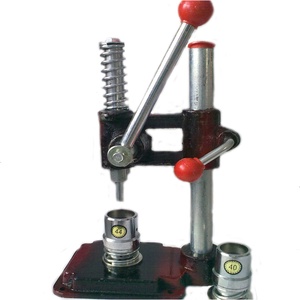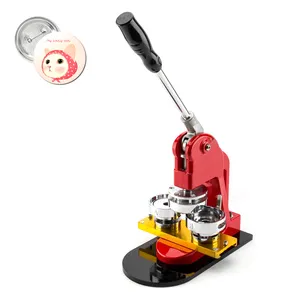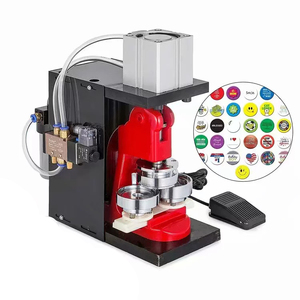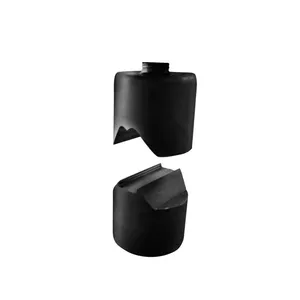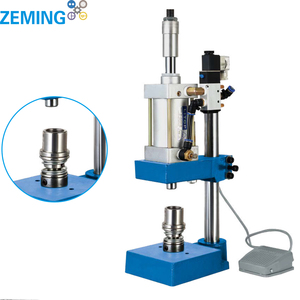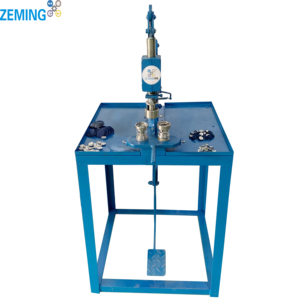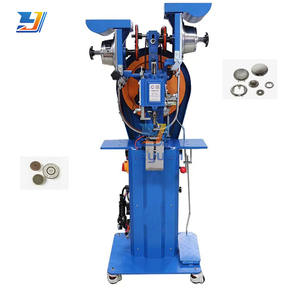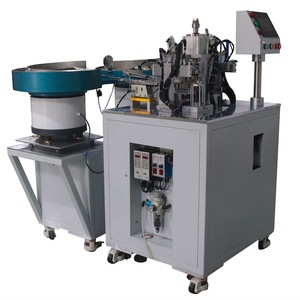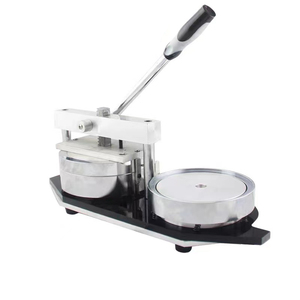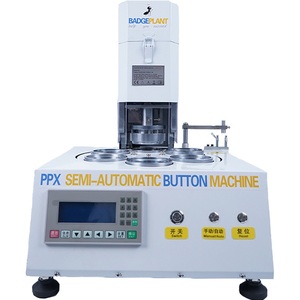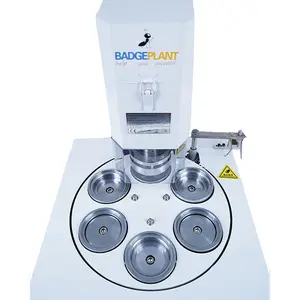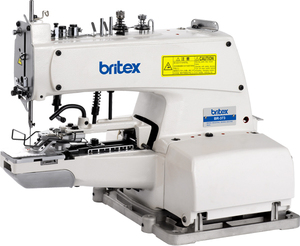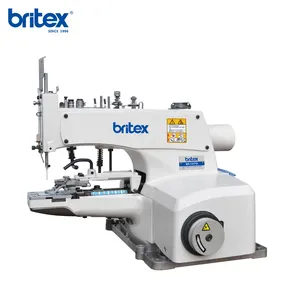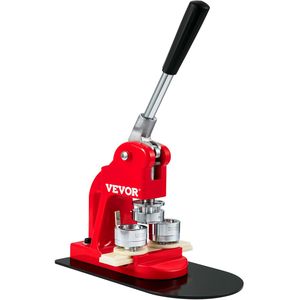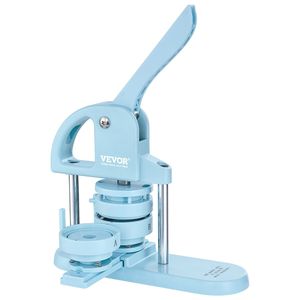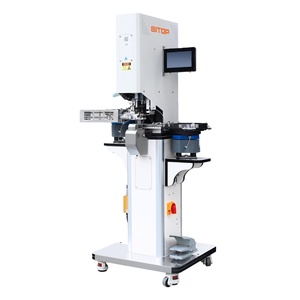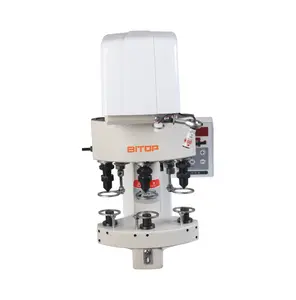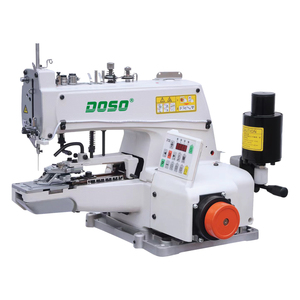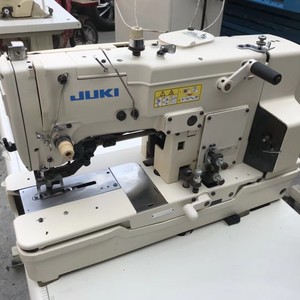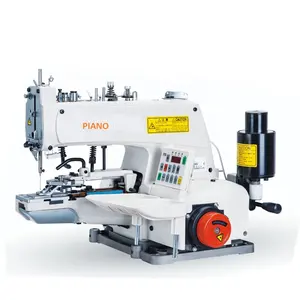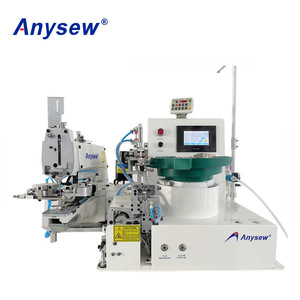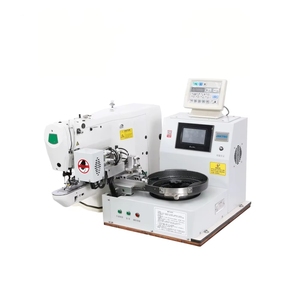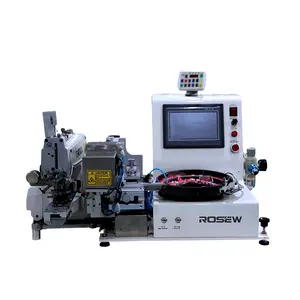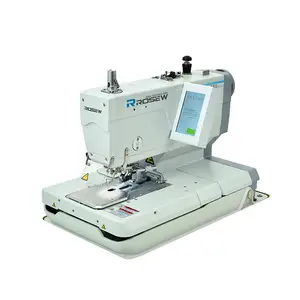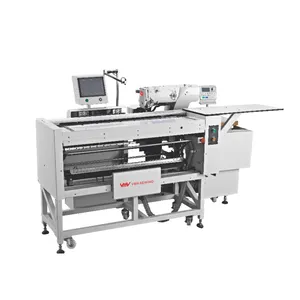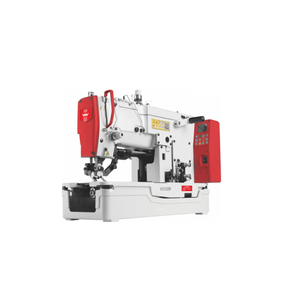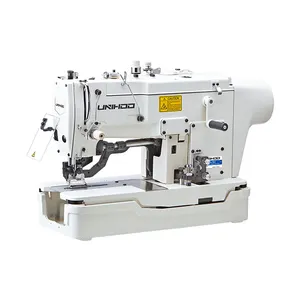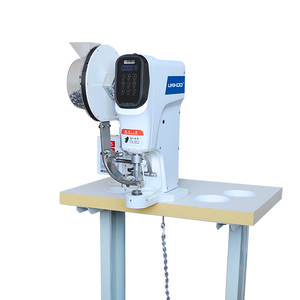Hemline Button Maker









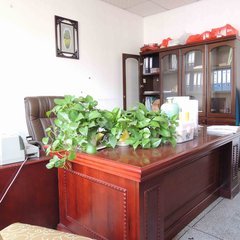



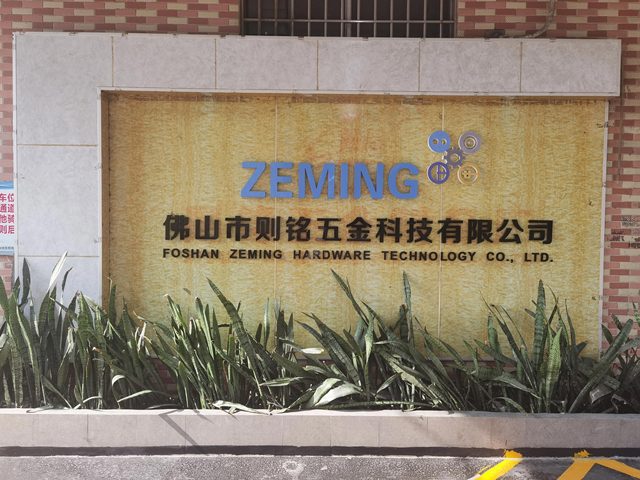


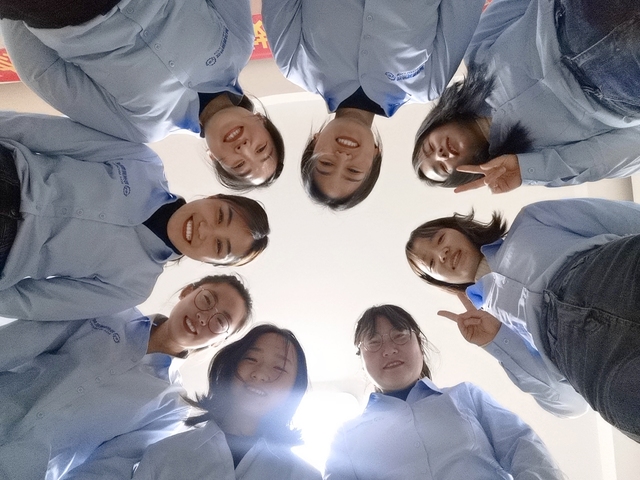










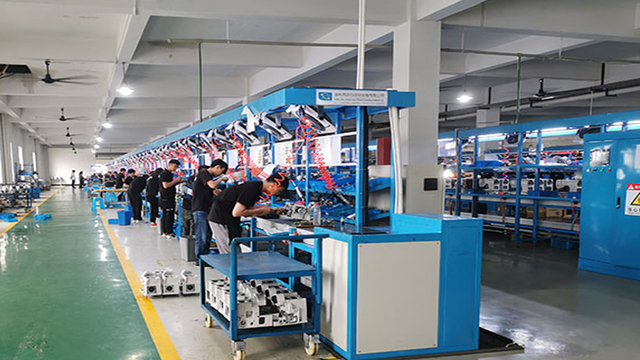












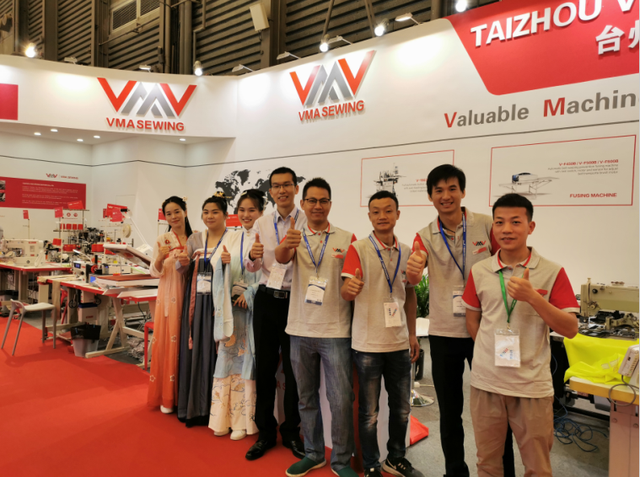







About hemline button maker
Where to Find Hemline Button Maker Suppliers?
China remains the central hub for hemline button maker production, with key manufacturing clusters located in Zhejiang, Jiangsu, and Guangdong provinces. These regions host vertically integrated supply chains that combine precision tooling, metal stamping, and manual assembly capabilities—critical for producing consistent, high-tolerance button-making equipment. Yiwu and Hangzhou in Zhejiang specialize in small-format manual machines used in craft and apparel customization, while Yancheng and Shenzhen focus on semi-automated and industrial-grade models serving garment factories and promotional product manufacturers.
The concentration of component suppliers—such as die-casting workshops, spring manufacturers, and mold producers—within 50km radii enables rapid prototyping and low-cost scaling. This ecosystem supports agile production cycles, with standard manual press units typically manufactured within 7–14 days post-order confirmation. Buyers benefit from localized sourcing of raw materials like zinc alloy, stainless steel, and reinforced plastic, reducing material lead times by up to 40% compared to offshore alternatives. Average unit costs range from $16 to $400, reflecting variations in automation level, build quality, and functional design (round vs. square button compatibility).
How to Choose Hemline Button Maker Suppliers?
Effective supplier selection requires systematic evaluation across technical, operational, and transactional dimensions:
Technical Specifications & Compatibility
Confirm machine compatibility with target button sizes (common diameters: 25mm, 37mm, 58mm) and types (pin-back, sew-on, snap). Manual models dominate entry-level demand, priced between $30–$95/set, while pneumatic or semi-automatic systems exceed $800 for higher throughput. Evaluate whether tooling supports multi-size dies or requires changeable molds. Verify inclusion of essential accessories: pressing rods, base plates, and alignment guides.
Production Capacity & Quality Indicators
Assess operational scale through verifiable metrics:
- Minimum factory area of 2,000m² for sustained output
- In-house tooling and mold-making capabilities to support customization
- Monthly production capacity exceeding 1,000 units for standard models
Prioritize suppliers reporting on-time delivery rates above 97% and reorder rates above 19%, indicating reliability and customer satisfaction. Response time under 3 hours is typical among high-service providers.
Transaction Security & Export Readiness
Utilize secure payment frameworks such as escrow services to mitigate risk during initial procurement. Review documented export history, particularly shipments to North America, Europe, and Southeast Asia, which indicate compliance with international packaging, labeling, and electrical safety standards where applicable. Although most manual button makers do not require CE or ISO certification, suppliers with certified quality management systems demonstrate stronger process control.
What Are the Best Hemline Button Maker Suppliers?
| Company Name | Main Products | Online Revenue | On-Time Delivery | Reorder Rate | Avg. Response | Min. Order Flexibility | Price Range (per set) |
|---|---|---|---|---|---|---|---|
| Yancheng Stik Pro Machinery Equipment Co., Ltd. | Button Making Machines, Heat Press Machine | US $120,000+ | 100% | 17% | ≤3h | 1 set | $60–$220 |
| Hangzhou Qike Technology Co., Ltd. | Sewing Machines, Apparel Machines, Button Makers | US $420,000+ | 100% | 19% | ≤2h | 1–5 sets | $65–$1,980 |
| Yiwu Chuxin Technology Co., Ltd. | Button Making Machines, Badge Holders | US $10,000+ | 84% | 20% | ≤1h | 1 piece | $16–$281 |
| Shenzhen Hde Garment Accessories Co., Ltd. | Buttons, Garment Accessories, Cover Machines | US $40,000+ | 97% | 22% | ≤4h | 1–2 sets | $19–$900 |
| Guangzhou Yiping Trading Co., Ltd. | Badge Makers, Heat Press, Office Supplies | US $190,000+ | 98% | 17% | ≤4h | 1 box / 1 set | $25–$190 |
Performance Analysis
Hangzhou Qike Technology leads in revenue volume and response speed (≤2h), offering a broad portfolio including automatic sewing-integrated systems, though its minimum order requirement (5 sets for some models) may limit accessibility for small buyers. Yancheng Stik Pro achieves perfect on-time delivery and offers mid-range pricing ideal for small to medium enterprises seeking reliable manual or DIY-grade equipment. Yiwu Chuxin stands out for ultra-low MOQs (1 piece), enabling test purchases at minimal risk, despite a lower on-time delivery rate. Shenzhen Hde exhibits the highest reorder rate (22%), suggesting strong end-user satisfaction, particularly in fabric-covered button applications. Guangzhou Yiping provides competitive pricing and flexible packaging options (sold per box or set), suitable for resellers and accessory bundling.
FAQs
How to verify hemline button maker supplier reliability?
Cross-check delivery performance and response metrics against transaction histories. Request product videos or facility walkthroughs to confirm production capability. Analyze customer reviews focusing on mechanical durability, ease of use, and consistency in button formation.
What is the typical lead time for button maker orders?
Standard manual machines ship within 7–15 days after order confirmation. Customized or automated models may require 25–35 days. Air freight delivers samples in 5–10 days internationally; sea freight takes 25–40 days depending on destination port.
Can suppliers accommodate custom branding or design?
Yes, many suppliers offer OEM services including logo engraving, color customization, and packaging design. Minimum order quantities for branding typically start at 100–500 units, varying by complexity.
Do suppliers provide spare parts and technical support?
Most established suppliers include basic spare components (pins, springs, dies) with bulk orders. Technical guidance is commonly provided via digital manuals or video tutorials. Post-sale support varies—confirm availability before ordering.
Are there differences in machine quality across price segments?
Significant differences exist. Units priced below $50 often use stamped steel frames with limited durability. Mid-tier ($80–$150) models feature cast metal bodies and replaceable dies for extended service life. High-end presses ($200+) incorporate ergonomic levers, precision alignment, and modular designs for professional use.






